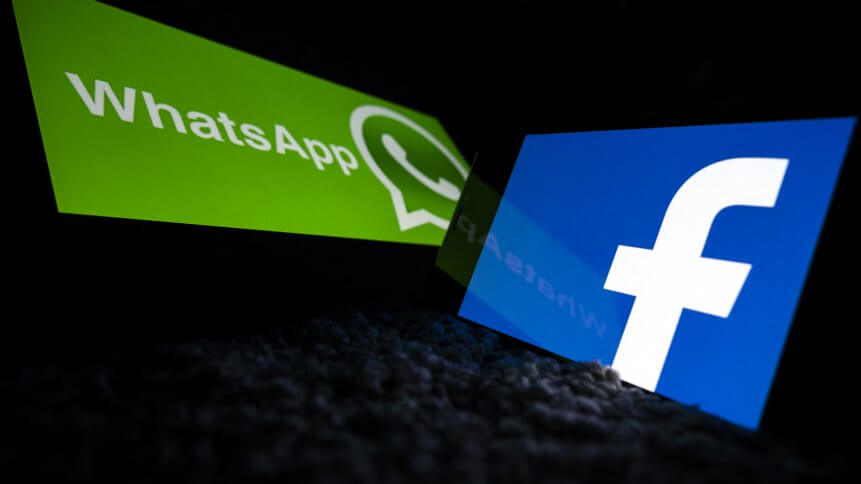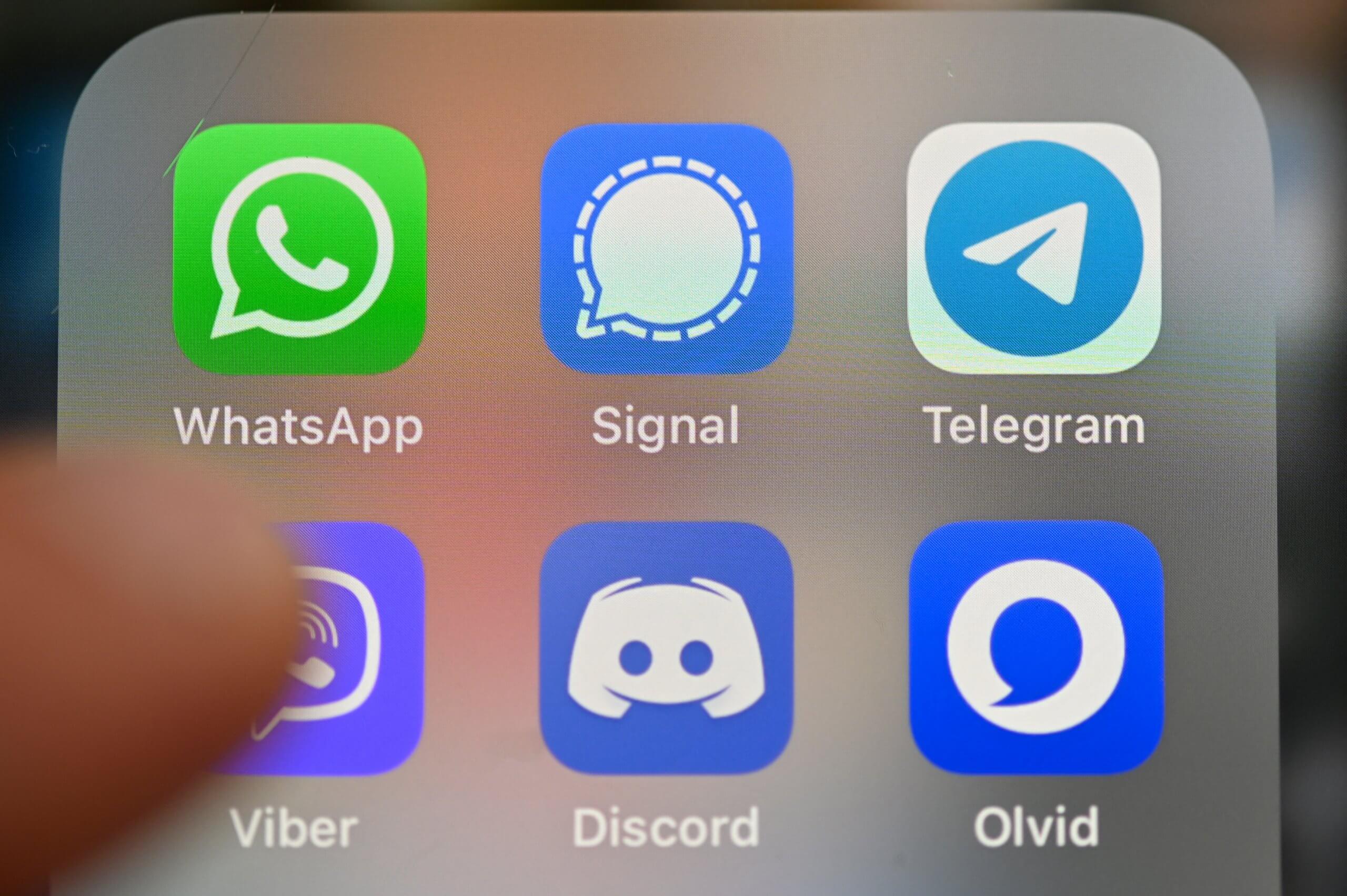Will View Once by WhatsApp ease data privacy concerns?

Earlier this year, widely-used messaging app WhatsApp faced global criticisms due to concerns around data privacy. The app planned to make changes to its terms and conditions, which included using users’ private data for marketing purposes.
With over 2 billion users globally, most businesses, especially small and medium sized enterprises (SMEs) rely on WhatsApp to communicate with their customers. Companies use WhatsApp Business API to manage message threads with their clients and patrons, using the app as a de facto customer service platform. They send users updates like receipts and confirmation reminders via the app, rather than emails.
Globally, there are more than 5 million businesses using WhatsApp for business. 80% of WhatsApp business messages sent are seen within five minutes compared to emails. India has the most WhatsApp users, followed by Brazil, the United States, Indonesia and Mexico. In India, WhatsApp has been under immense pressure as well due to the subcontinent’s new social media rules as well, which has affected some of its operations there.
When parent company Facebook suggested changes to some of WhatsApp’s terms and conditions, millions of users uninstalled WhatsApp and looked for alternative messaging apps. This led to an increased demand for more encrypted chat applications such as Telegram and Signal.

(Photo by Damien MEYER / AFP)
Eventually, Facebook announced that they would not be making the changes to WhatsApp terms and conditions. However, the damage has been done and the app now faces a mountain of a task to get back users’ trust.
WhatsApp also updated their business services to include free storage. This entices a lot more big players in and more messaging activity, particularly as e-commerce continues to boom post-pandemic, and customer expectations for omnichannel communication continue to climb. As retailers face a fast-tracked changing landscape, fresh ways of engaging with customers are needed.
As such, WhatsApp promised more transparency, better encryption, and enhanced security features for its users. One of its newest privacy features is allowing users to send photos and videos that can only be viewed once. The new feature is expected to improve user privacy, especially with privacy issues being a huge concern today.
Available in 180 countries in 60 different languages, there are over 100 billion WhatsApp messages sent per day. And out of that, over two billion minutes are spent on WhatsApp voice and video calls per day.
Increasing Privacy with View Once
The usage of voice and video calls on WhatsApp increased tremendously in the past year due to the COVID-19 pandemic. As more users spend time at home, WhatsApp voice and video calls have not only been used to connect to loved ones but also as communication tools for remote working.
“While taking photos or videos on our phones has become such a big part of our lives, not everything we share needs to become a permanent digital record. That’s why today we’re rolling out new View Once photos and videos that disappear from the chat after they’ve been opened, giving users even more control over their privacy,” said WhatsApp in a statement.
Be it sensitive data like pictures of WiFi passwords or pictures of sensitive infrastructures, the new option will see the pictures automatically deleted once viewed by a user. As with all the personal messages sent on WhatsApp, View Once media is protected by end-to-end encryption so WhatsApp cannot see them. They will also be clearly marked with a new “one-time” icon.
The new feature, which is already available on the Facebook-owned app, Instagram, as originally derived from Snapchat. However, despite the privacy control offered, there are still some loopholes that need to be considered.
YOU MIGHT LIKE

Can audio-only social networks compromise data privacy?
For example, users viewing “view once” content can still take screenshots of the video and pictures, which in turn, doesn’t really guarantee the ultimate privacy. Snapchat informs senders whenever a screenshot is taken through a notification. It is unclear if WhatsApp will also do the same with the new feature.
Be it messaging apps or any other app, developers today need to guarantee users they have the best privacy encryption and protection towards data. Apps can and have been compromised.
At the end of the day, users should be in control of their own privacy. Sending sensitive pictures and videos via messaging apps like WhatsApp does have its privacy risks. When it comes to remote working, businesses should look into more private messaging apps that offer greater visibility and encryption for users.









